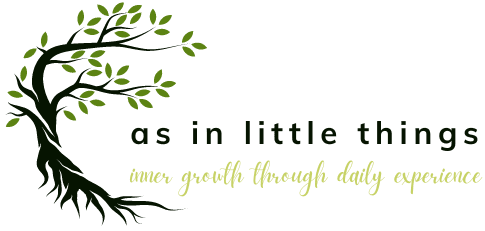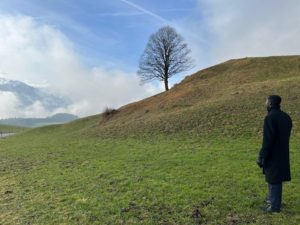Bandits observed from afar as a royal cavalcade proceeded on horseback through the vast Sahara desert. They often loitered around attacking unsuspecting merchants and robbing them of their wares. Never before had they seen such a lucrative procession of goods. Greed enveloped them as they excitedly sharpened their swords while discussing their plan of attack. They were superior in number and boastfully overestimated their battle prowess.
Unbeknownst to them, the cavalcade was headed by a noble prince whose fierce warriors were ever-prepared for battle. The prince was returning to his kingdom after visiting a neighboring king. With their plan of attack solidified, they made their move on the rear of the slowly moving procession. Like madmen, they charged with their swords held high. It didn’t take long for the bandits to realize their fatal mistake in attacking the prince’s ferocious and disciplined warriors. The warriors at the front of the retinue reinforced those in the rear and brought the battle to a swift conclusion.
With victory secured, the prince’s men set up their tent to rest for the night. The prince beheld with horror the wounded and dead bandits who were lying in the sand. Imploring glances from those struck down and left to die reached him from all sides. Enraged, the prince yelled at his men.
“Are you going to leave the wounded lying here in agony? Has this battle killed all the good in you?”
Surprised, the men did not understand their prince.
“Why should we not let them die? Surely they will only continue in their evil ways if they survive.”
The prince sadly realized how little his men valued human life. He commanded them to look after the wounded.
“No one has the right to allow another to suffer, ” he cautioned them sternly.
In your care for them, they will learn that there are still men who, despite their victory, do not abandon their humanity. This realization can help them more than all suffering.

